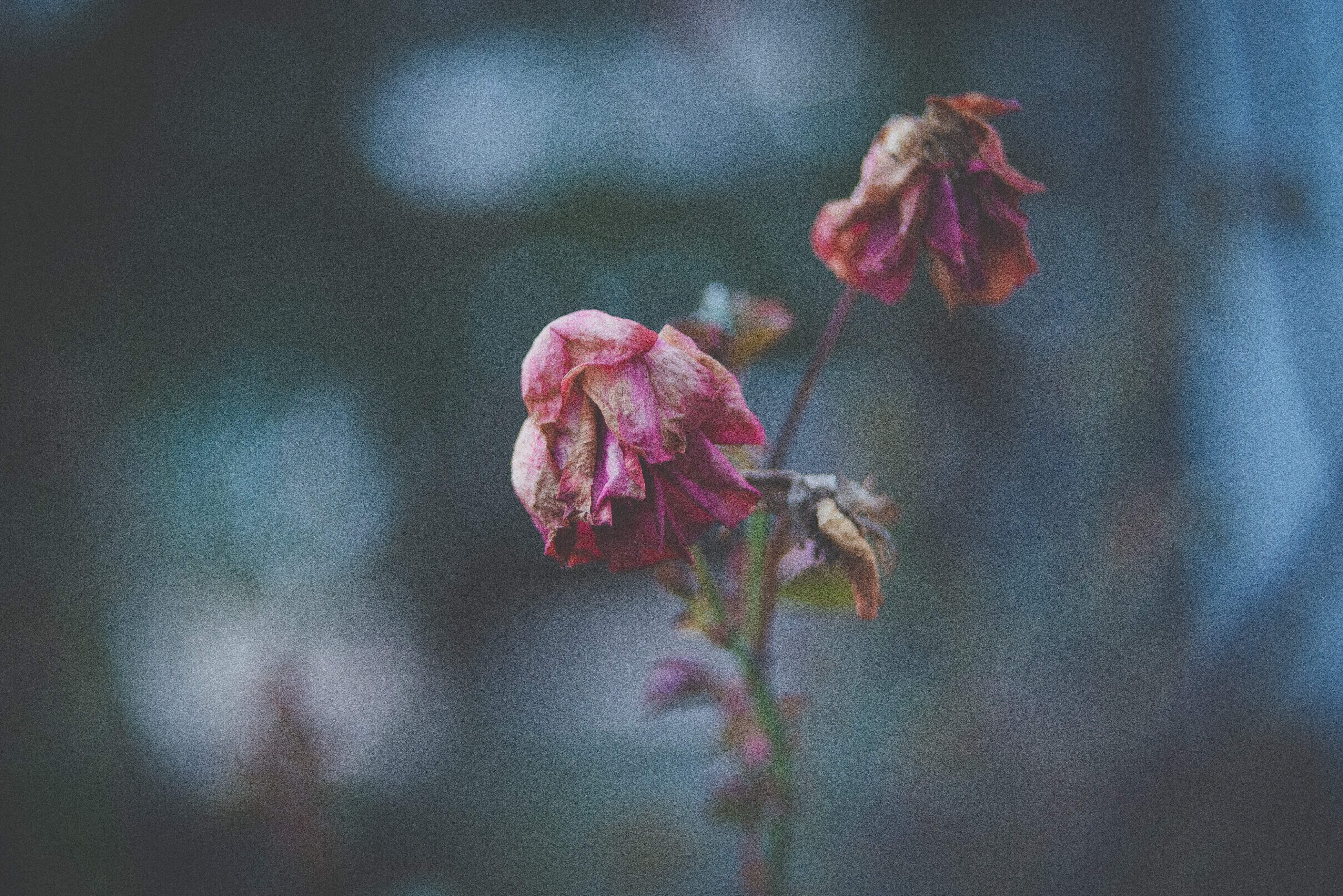
Penthesilea by R. Bratten Weiss
After I had killed them, they reported that I ate him,
but this was a lie.
It wasn’t that I didn’t want to. I could have torn his
golden body with my teeth, savored the salt metallic
tang of a warrior’s blood, but these are human teeth,
green with lichen and brown with wine, rattling in a
mortal skull, and his was the body of a god.
What I am now, skin like old parchment, bloom of
death bursting forth like hideous roses on hand and
brow, is what I always was, under the armor of flesh
that I wore when even when I rode bare-breasted,
sword burnished like a mirror so at the battle’s end
when we sat cleaning our weapons and counting
our kills, I could squint sideways and see the beauty
that I’d carried with me to the murder fields.
Gods, it makes no difference now, none of it happened,
all has faded like the rain and I am no longer a sword,
I am bent like grass, shuffling in my ruined tower,
all the shields and armor on the walls mute, refusing to
tell me what we both remember. Once we were young
and some things were glorious, but what I am now is
my fault only. I should have found my immortality,
feasted on the body of the god.
When I descend into the land of shadows and the
pool of blood unlocks my fastened tongue, and he comes
to me, what will I say?
That I never had the choice he had. Never had the
teeth to bite through fate’s iron thread. All I have ever
known is to tear the soil, clutch the earth in bloodied
fists, queen among the breathless dead.